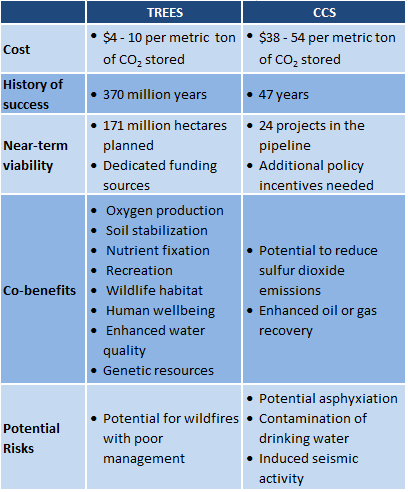Prepared on behalf of the Office of the People’s Counsel for the District of Columbia
Author: Senior Economist Elizabeth A. Stanton, PhD
Senior Economist Elizabeth A. Stanton submitted testimony before the Public Service Commission of the District of Columbia on behalf of the Office of the People’s Counsel for the District of Columbia in response to the Washington Gas Light Company’s (WGL) application to the Public Service Commission of the District of Columbia for authority to increase existing rates and charges for gas service. Dr. Stanton found that the WGL proposals provided limited emission reductions and that in order to achieve the goal of 60% emission reduction by 2030, the District of Columbia needs WGL climate-related proposals to provide for serious emission reductions in the near-term.











